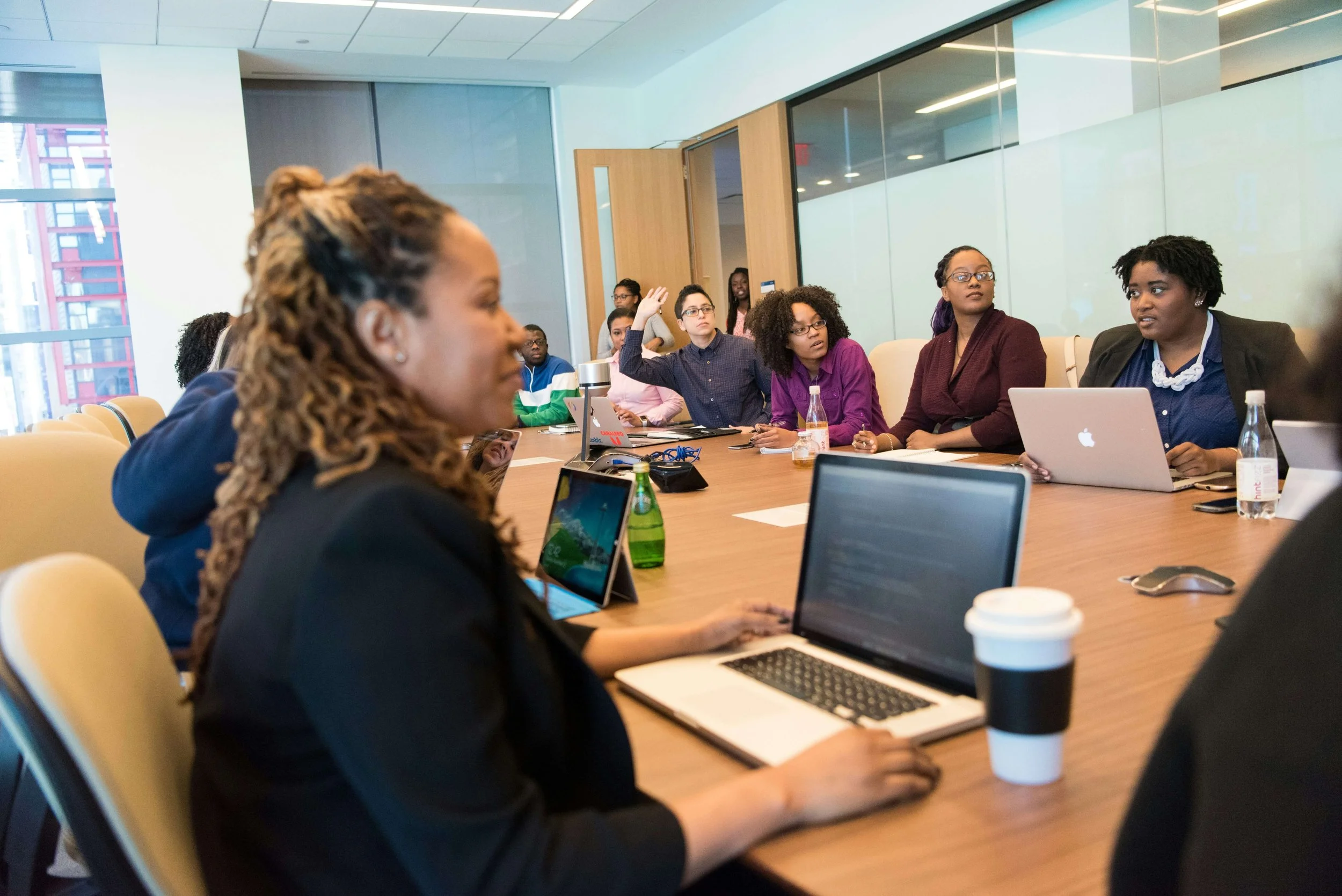
Research, articles, podcasts and media
Latest Articles
The Power and Potential of Space and Place in Family Group Conferencing: Reimagining the Role of the Venue in Child Protection Practice
Family Group Conferencing is a family-led decision-making process used in children’s social care in the UK. Unlike traditional meetings between families and professionals when there is a safeguarding concern, Family Group Conferences are often held outside children’s services’ premises in a ‘neutral’ venue. In this article, we critique the idea that a meeting location can be neutral as spaces may be experienced differently, and hold multiple meanings, for the family, their network and professionals who take part.
Becoming Unstuck With Relational Activism
In a world where political and social divisions can leave us feeling powerless, relational activism offers a hopeful alternative. It’s about making change happen through personal connections, informal relationships, and small acts of compassion.
Understanding How and Under What Circumstances Parental Advocates Support Parents to Participate in Decision-making: A Scoping Review
This scoping review aimed to map the extent of evidence on parental advocacy programmes supporting participation in child welfare decision-making.
Doing with or doing to? A realist case study of factors affecting the implementation of guidance on child sexual exploitation in Wales.
There is currently limited research which considers the implementation of new policies in child protection practice. In this article, we explore policy implementation in children’s social care using recent Welsh policy on Child Sexual Exploitation (CSE) as a case study.
How might shared decision-making meetings reduce the need for children to be in care? A rapid realist review.
Meetings to enhance shared decision-making, such as family group conferences, potentially contribute to enhancing meaningful involvement of families. Such meetings are also claimed by some to reduce the need for children to be in care, either by increasing support from family for parents or by identifying care from within the family network. This rapid realist review aims to develop an understanding of how meetings that facilitate shared decision-making between professionals and families might work to safely reduce the need for children to be in care. It identifies mechanisms that are thought to make a difference and contextual factors that influence the impact of identified mechanisms.
“They seem to listen more now I have an advocate”: a study into the implementation of parental advocacy in Wales
Parental advocacy is an emerging area of research and policy interest in Wales and across the UK. Although there is little research in the UK context to date, international research has indicated that parental advocacy can improve the relationship between parent and professional in the field of child protection social work. This paper aims to ascertain how the implementation of a parental advocacy programme supports parents to play a meaningful role in decision-making when children’s services are working with them and their families.
Do New Policies Influence Practice? A Qualitative Study of Practice and Change in Relation to the New Welsh Child Sexual Exploitation Guidance
In this article, we explore practitioners’ perceptions of how they work with young people experiencing, or at risk of, CSE and whether they believe the new Welsh CSE Guidance is effectively implemented in their practice. This small-scale qualitative study utilised small group interviews and semi-structured interviews to explore the perspectives of twelve participants in the initial phase of the guidance release. A thematic analysis of the data demonstrates a lack of professional awareness of the new Welsh CSE guidance, raising questions surrounding implementation efficacy.
Peer parental advocacy: a narrative review of the literature
The purpose of this paper is to critically examine the current state of literature on peer parental advocacy, offering practical insights and ideas for researchers and practitioners interested in this evolving field.
Mechanisms for Support: A Realist Evaluation of Peer Parental Advocacy in England
This realist-informed study considered how a newly implemented PPA programme supported parents in two English Local Authorities. Our findings highlight the unique role peer advocates can play as a resource to influence decision-making, power relations and working relationships between professionals and parents. This article presents our final programme theory, which identifies four key mechanisms that support perceived effectiveness in PPA implementation…












